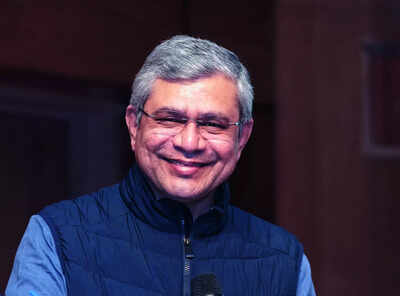With Society of the Snow, Spanish director J.A. Bayona recounts the real-life tragedy of Uruguayan Air Force Flight 571, minus the melodrama. The plane crash that stranded members of the Old Christians Club rugby team, their families, and friends in the Andes Mountains for 72 days in 1972 previously formed the basis of 1993’s Alive and inspired the cannibalistic swerve of the current Showtime hit Yellowjackets. But Bayona brings two vital qualities to his version of the story: A largely Uruguayan cast (Alive opted for the American-born likes of Ethan Hawke, John Malkovich, and Ileana Douglas), and a refusal to sensationalize the characters’ last-ditch efforts to ward off starvation. In this way, the Jurassic World: Fallen Kingdom director bypasses gratuitous shock to create a moving, technically accomplished retelling of the legendary survival tale.
Working from journalist Pablo Vierci’s nonfiction book of the same name, Society of the Snow takes its time to get to the most harrowing point in the survivors’ journey, beginning with a brief glimpse into the lives of the young rugby players in the bustling Uruguayan capital of Montevideo. Bayona dedicates space to showing the men as boyfriends, sons, and brothers brimming with joy at the thought of flying to Chile for one last hurrah on the pitch before adulthood comes fully knocking on their doors. The mostly unknown cast contributes to the sense of verisimilitude in these scenes, with Augustín Pardella’s Nando and Enzo Vogrinic’s Nuno standing out among the ensemble. The former embodies the resilience that made for such an extraordinary escape, while the latter stands for the soft vulnerability of youth, a harrowing reminder of how much life the passengers of flight 571 still had ahead of them.
The blunt violence of the crash sharply dissolves the idyllic qualities of the athletes’ day-to-day lives. Wind and rock rip through steel and bone alike. Bodies are sucked out of windows until there are no windows left. Metallic sounds barely muffle the guttural screams. Then, and even eerier, there is no sound at all, the immensity of the outdoors quickly engulfing whatever is left of the small aircraft. The horror of the crash looms over Bayona’s film, assisting the director in setting up the motives for the distressing journey that lies ahead as the men abandon not only the comforts of civilization but humanity as they know it.
Michael Giacchino’s skin-tingling score is ingenious in its encapsulation of this tricky dance between hope and despair. Soft piano notes break down unsettling, urgent violin sequences like faith slowly seeping into the heavy carcass of despondency. When juxtaposed against the neverending landscape of the Andes, it’s almost as if the music can be heard bouncing from peak to peak, a claustrophobic echo of the surviving passengers’ predicament.
When desperation finally turns humans into animals, Bayona doesn’t look away, but he doesn’t frame the cannibalism through a magnifying glass, either. In these moments, Society of the Snow focuses instead on generosity and fellowship. The trap of over-exposition is successfully dodged, with many thanks to the direct accounts of the tragedy gathered by Vierci. The writer, a childhood friend of the survivors, is a great help to Bayona, Nicolás Casariego, and Jaime Marques’ effective script, giving its conversations and character dynamics a wealth of detail that satiates curiosity about what the men went through and sheds light on the excruciating decision-making that led the group to break the most taboo of taboos. The choice is boiled down rationally – to feed, or to perish – without a disregard for lives lost and with explicit gratitude to those whose sacrifice sustained the lives of others. The script also succeeds in maintaining tension throughout a nearly two-and-a-half-hour runtime, weaving heart-to-hearts with ever-aggravating natural challenges in a seesawing that emphasizes the unshakeable spirit of everyone working to make their way out of the ice alive.
Society of the Snow stumbles only when it comes to juggling individual storylines, with characters like Nando and Nuno granted time to delineate their personalities – and therefore their contributions to the escape – while others blur into an amorphous group united only by rueful circumstance. It feels like a natural oversight, and quite an easy one to overcome – it does little to detract from the many merits of the film, which veers close to becoming the definitive telling of a modern myth.







